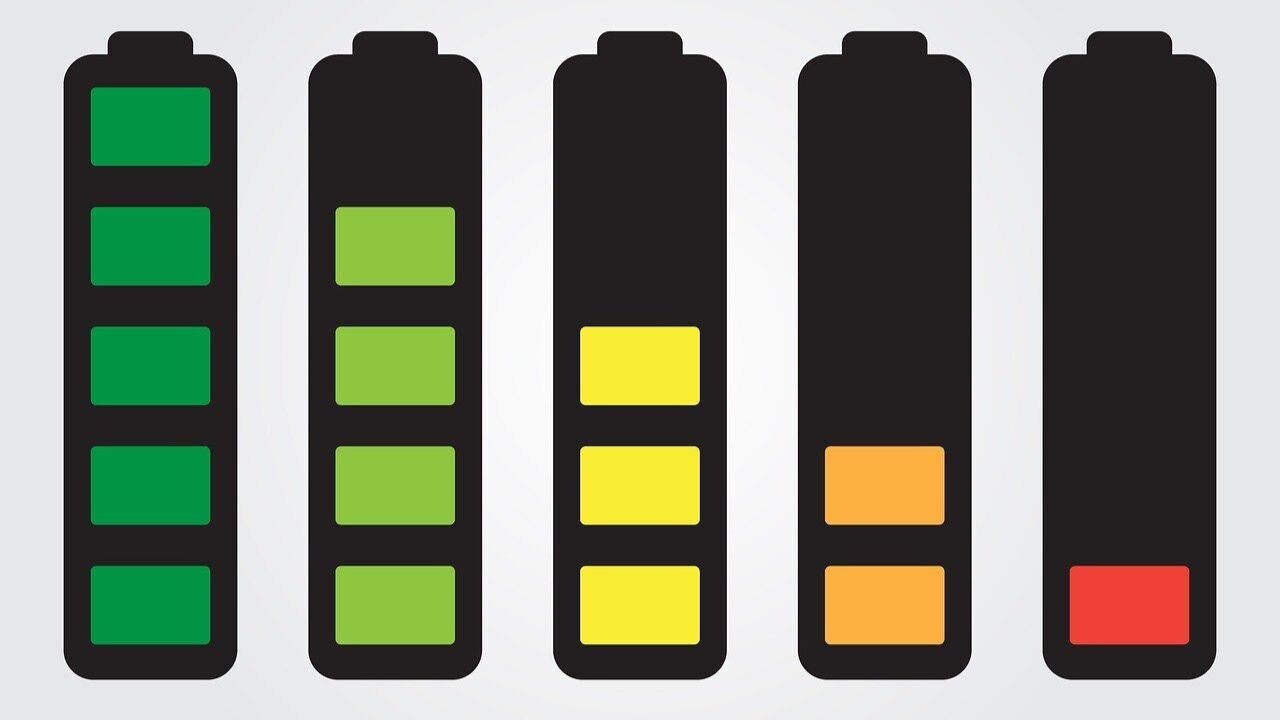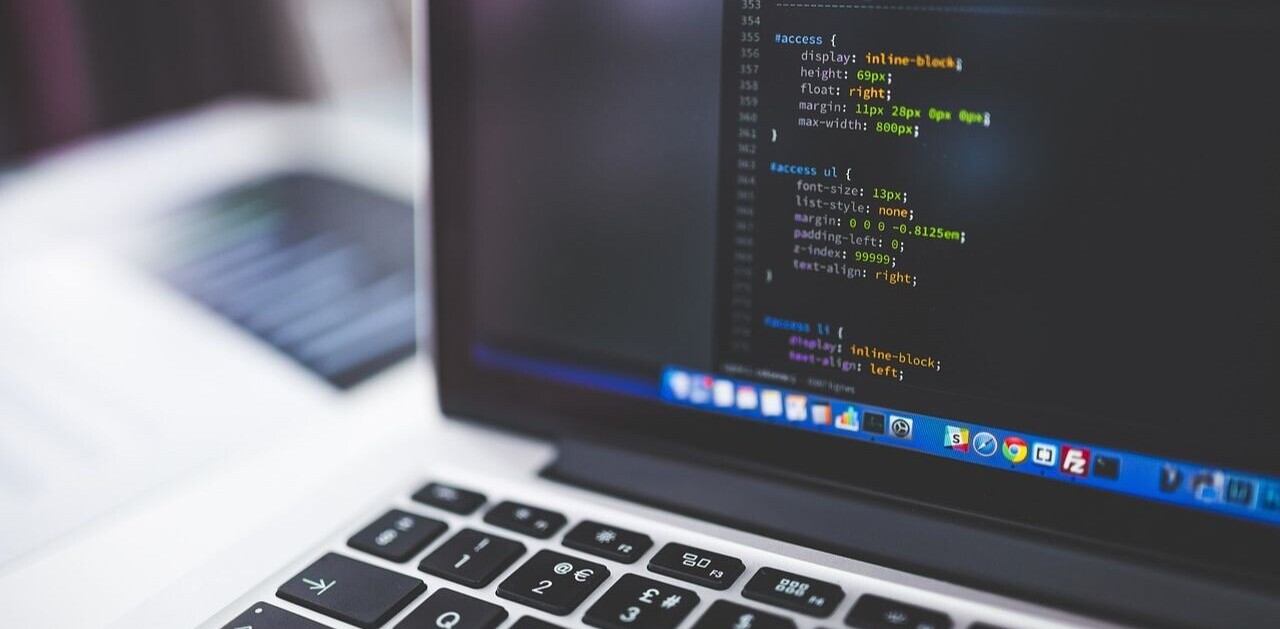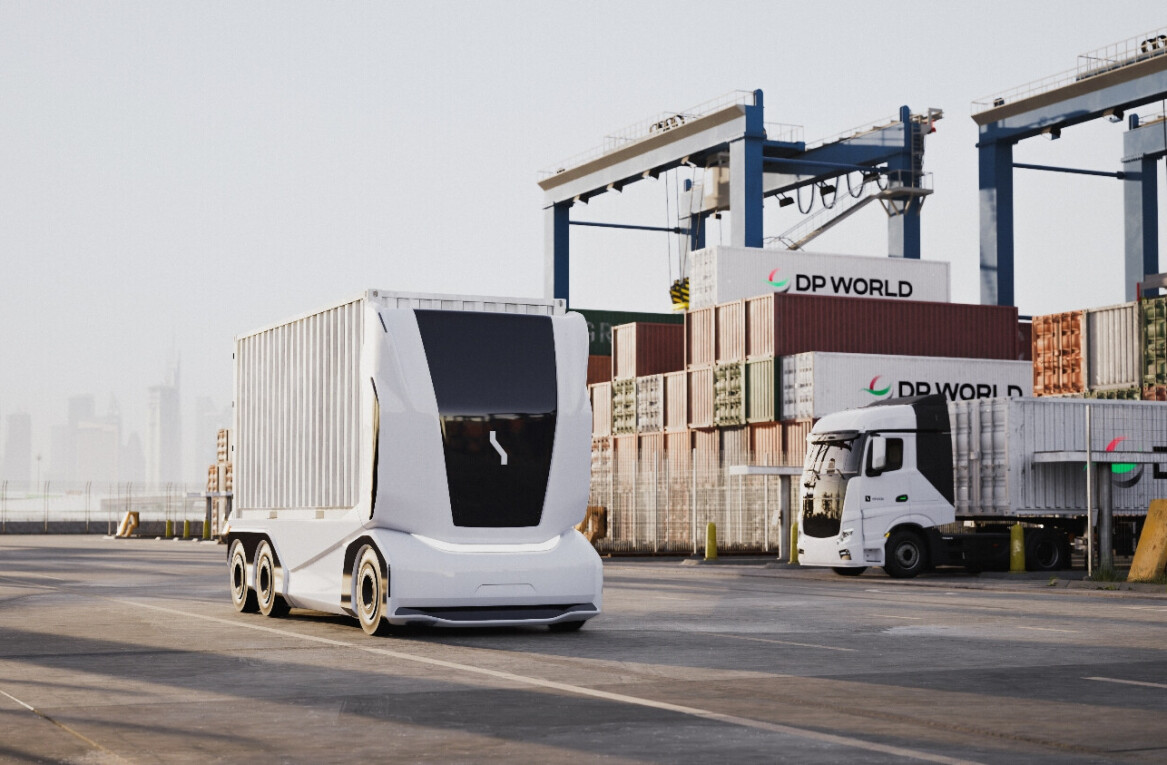
Lyon-based Mecaware has raised €40mn in funding to industrialise its battery recycling technology, designed to produce strategic raw materials.
Founded in 2020, the startup has positioned itself in the recycling of end-of-life batteries and production scrap of battery manufacturing plants. Its technology, born from research at the University of Lyon, is based on a chemical process that uses CO₂ to separate different metals in battery cells in order to recover, restore, and reuse them.
Mecaware says that its metal extraction process is not only eco-friendly and cost-effective, but also one of a kind worldwide.
With the fresh capital — backed by a pool of investors, the French government, and banking partners — the startup will move towards the industrialisation of its pilot scheme for the recycling of production scrap from battery plants. The so-called Gigafactories Scrap – ScrapCO2MET project will see the production of 50 tonnes of recycled metal per year; in particular, lithium, nickel, manganese, and cobalt.
To this end, Mecaware will finalise the installation of its new Technical Centre in Lyon, comprising offices, a factory building, and an R&D laboratory, commencing operations in 2025. The company will also double its team, increasing it to 80 people in 2024.
Focusing on resource circularity, Mecaware can benefit from (and help tackle) the high rate of scrap produced by battery gigafactories, estimated at above 30% — especially as Europe increases the number of factories, aiming at over 40 by 2030. At the same time, an expected 12 million tonnes of batteries from BEVs and PHEVs globally will have been retired by the end of the decade.
Meanwhile, recycling of critical raw materials like lithium and cobalt could help reduce the EU’s dependence on foreign suppliers, including China and Chile. According to the European Commission, the bloc would need up to 60 times more lithium and 15 times more cobalt to reach climate neutrality by 2050 — taking into account only the e-mobility and renewables sectors.
“[Mecaware’s approach] makes it possible to secure supplies of raw materials, enabling the strategic independence of our territories to bolster the energy transition, all in compliance with EU Regulations. Our technological solution addresses the current problems caused by traditional processes,” said Arnaud Villers d’ Arbouet, co-founder and CEO of the startup.
Get the TNW newsletter
Get the most important tech news in your inbox each week.



